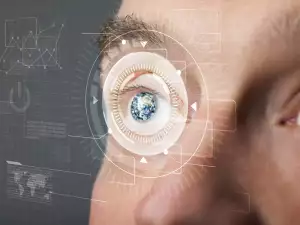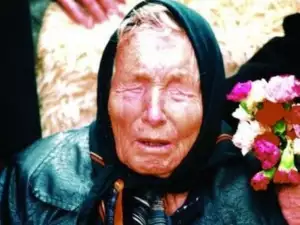The sun correlates to good health. Its rays lower blood pressure and protect against heart attack and stroke. This has been found after a massive study was conducted by scientists from the University of Edinburgh, Scotland.
While many other studies sound the alarm about the risk of developing skin cancer due to excessively long periods spent under the sun, the Scottish scientific team has proven, after more than 5 years of research, that people who regularly spend time in the open have a longer life.
The researchers have shown in their well grounded analysis that after prolonged exposure to the sun's rays, the skin releases substances into the bloodstream that lower blood pressure.
This beneficial effect, the reduction of high blood pressure, far outweighs the possible risk of developing skin cancer while under the effects of the sun's rays, state the experts in their report.
To prove their claim, the scientific team from the University of Edinburgh provided another research paper, clearly showing that the fatality rate from heart attack and stroke as a result of high blood pressure was 80 times higher in comparison to skin cancer in all of Great Britain.
The special enzymes that lower blood pressure mostly contain nitrogen oxide. The substance is distributed throughout the body after it creates vitamin D. This occurs during sustained exposure to the sun's rays.
24 volunteers took part in the studies. They were divided into 2 groups of 12 people each. Every one of them was exposed to light 2 times a day, 20 min. each time. The 1st group was exposed to light from a plain electrical lamp, the other to ultraviolet light.
The results indicated that blood pressure dropped significantly 1 hour after exposure to ultraviolet rays. The researchers concluded that the ultraviolet rays from sunlight provide health benefits. Interestingly, the levels of vitamin D of the members of both groups remained unchanging.
The Scottish scientists are convinced of the positive effects of sunlight. At the moment they are working on a project to try to find the connection between cardiovascular diseases and skin cancer.












